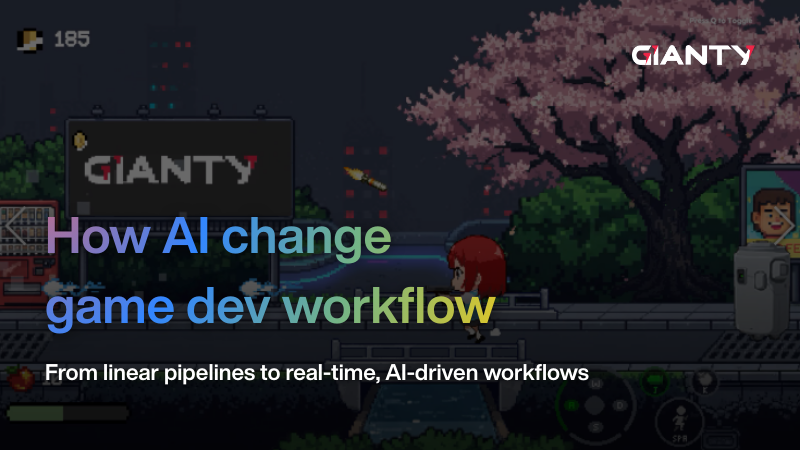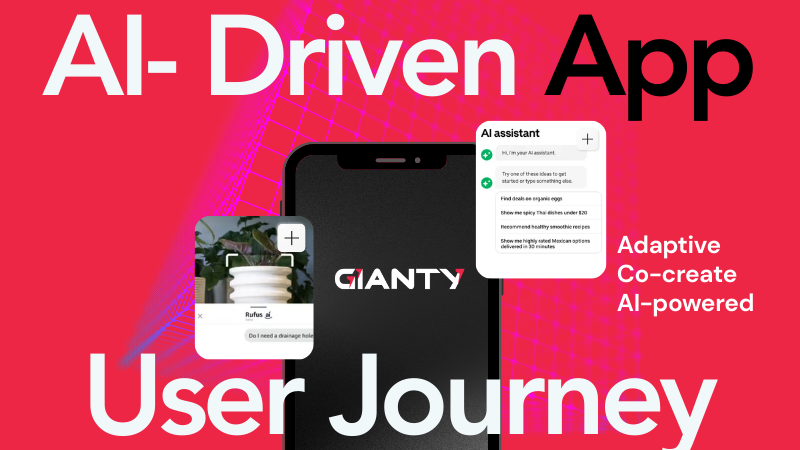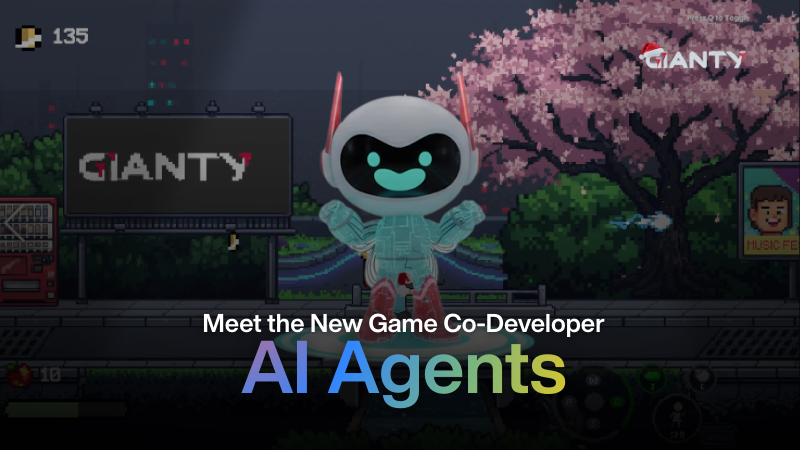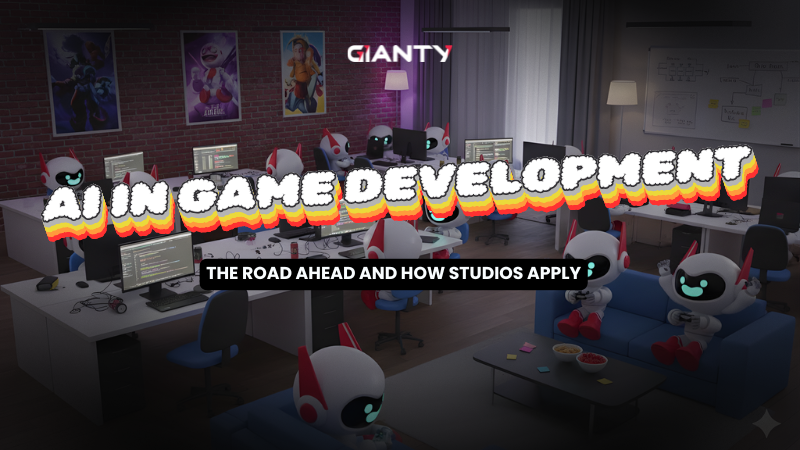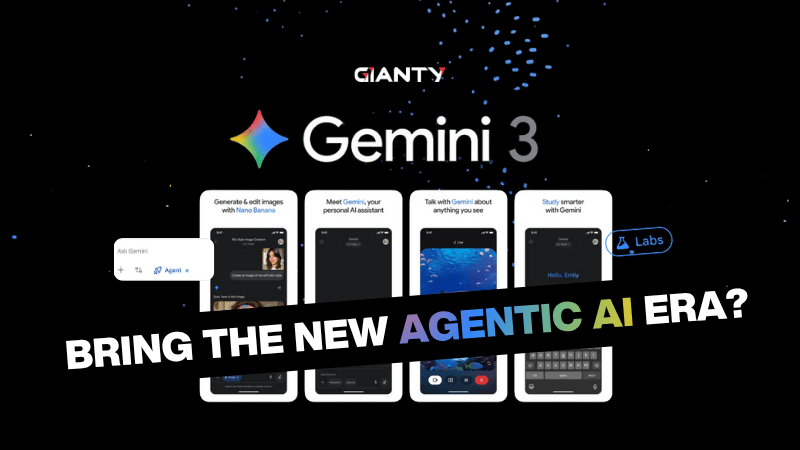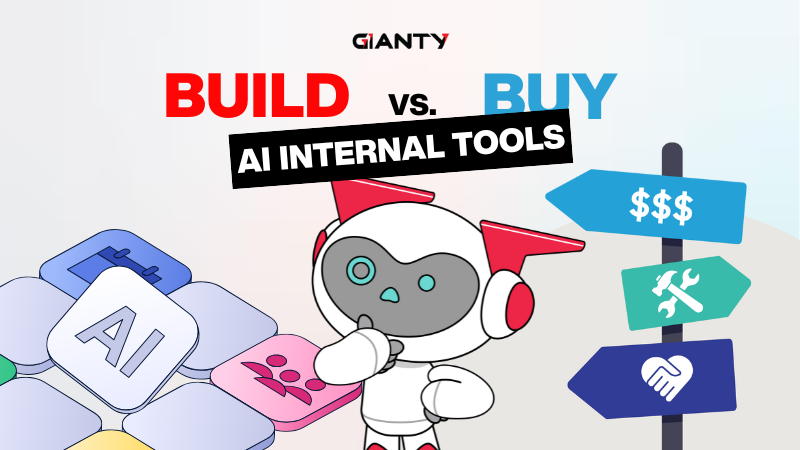Artificial Intelligence continues to reshape industries, unlocking new levels of operational efficiency, customer satisfaction, and revenue potential. Applied AI engineers are emerging as strategic enablers of this AI-driven growth.
These professionals play a critical role in ensuring that AI solutions move from development environments into production-ready applications that deliver measurable business outcomes.
The global applied AI service market, valued at USD 235.6 million in 2023 and expected to grow at a CAGR of 26.2% through 2030, highlights the increasing demand for AI solutions across industries like healthcare, retail, finance, and manufacturing.
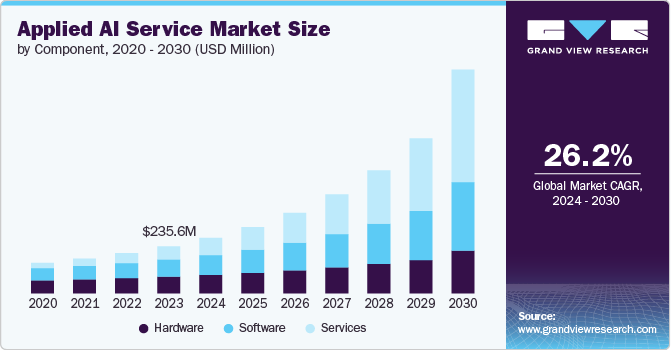
As businesses seek a competitive advantage through AI-driven decision-making and automation, the need for skilled applied AI engineers becomes crucial.
In this article, we’ll explore the critical role of applied AI engineers in 2025, focusing on how they bridge the gap between AI research and real-world business applications. We’ll highlight how they drive scalability, reliability, and measurable ROI, helping businesses unlock the full potential of AI.
Why Applied AI Engineer Is Critical to Your AI Roadmap
An applied AI engineer is a technical expert who specializes in deploying machine learning models and AI systems in real-world business settings.
They take experimental AI research and turn it into scalable, production-ready solutions. Their main focus is on optimizing AI models for performance and ensuring they operate effectively across various environments, whether on-premise, in the cloud, or at the edge.
Applied AI engineers work closely with business teams to align AI solutions with company goals, ensuring that these systems drive measurable outcomes such as improved efficiency, cost savings, and better decision-making.
They ensure that AI models not only perform well but also remain reliable and adaptable as business needs evolve.
How Applied AI Engineers Differ from Related Roles
While all roles related to AI and machine learning work with data and algorithms, applied AI engineers are specifically focused on scaling and deploying AI solutions effectively in production environments:
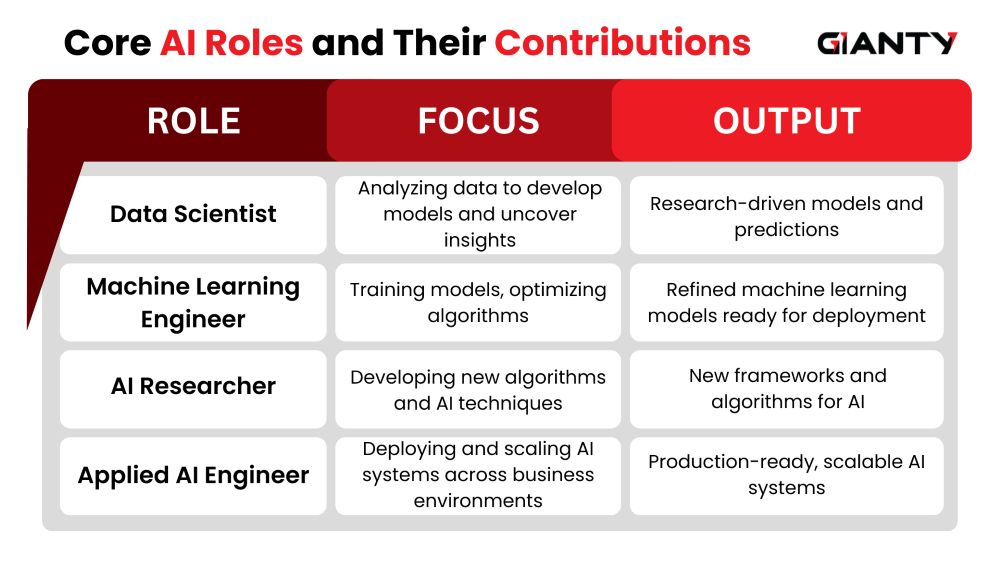
Core Responsibilities of an Applied AI Engineer
- Model Deployment & Performance Tuning: Once a machine learning model is trained, it needs to be optimized for deployment. This includes fine-tuning the model’s performance, ensuring it is efficient, and preparing it for scaling in live environments.
- MLOps & Production Pipelines: Applied AI engineers are also responsible for creating and maintaining MLOps (Machine Learning Operations) pipelines that automate the deployment, monitoring, and retaining of models, ensuring continuous improvement and adaptation to new data.
- Cross-Functional Collaboration: Collaboration with stakeholders from IT, product, data science, and operations teams is essential. Applied AI engineers ensure that AI systems are integrated smoothly into existing systems and align with border business goals.
- Continuous Monitoring & Optimization: AI systems need constant oversight to ensure they remain performant and continue to meet business needs. Applied AI engineers monitor deployed models, making adjustments as necessary based on feedback from the production environment.
Why Businesses Need Applied AI Engineers
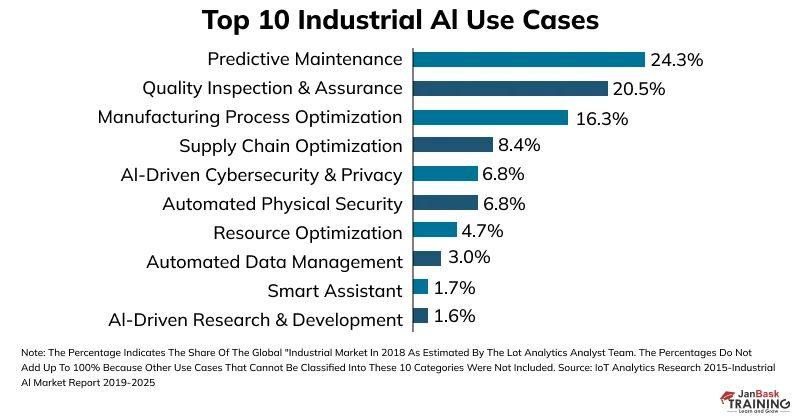
As AI moves from R&D into operational environments, the role of applied AI engineers becomes increasingly important. Their focus is not only on optimizing algorithms but also on ensuring that AI systems deliver real, tangible business value.
How applied AI engineers support business operations:
1. Transition from Prototype to Production
Many organizations start by experimenting with AI in small-scale prototypes, but these need to be fine-tuned and scaled for production use. Applied AI engineers handle these transitions, turning AI into reliable business tools.
2. Ensure Scalability & Reliability of AI Systems:
AI models that perform well in controlled environments may not work as well when faced with the complexity and volume of real-world data. Applied AI engineers ensure that AI systems are scalable and reliable so that they can handle enterprise-scale operations with high availability and low latency.
3. Align AI Solutions with KPIs & Business Outcomes:
For AI to be effective, it must align with business goals. Applied AI engineers work closely with business stakeholders to ensure that AI solutions are aligned with the KPIs, customer needs, and broader organizational objectives.
4. Adapting to Evolving Business Needs:
As business strategies change, AI systems need to be adjusted. Applied AI engineers play a pivotal role in maintaining and evolving AI solutions to ensure they continue to meet these evolving needs and stay aligned with market trends.
Hiring vs. Outsourcing Applied AI Expertise
The growing demand for AI solutions has led many businesses to consider whether to hire in-house Applied AI Engineers or outsource expertise to specialized firms. Both approaches come with their pros and cons.
In-House Teams
- Pros: Greater control over intellectual property (IP), long-term capability development, and better alignment with company culture.
- Cons: Higher cost of hiring, longer recruitment times, and potential challenges in finding the right talent.
In-house teams are ideal for companies with significant resources and a long-term AI strategy. While providing full control over development and IP, it requires an investment in recruiting, training, and managing talent.
This approach works best when AI is core to your business and can justify the upfront cost and time commitment.
Outsourcing
- Pros: Faster time-to-market, access to niche expertise, and flexibility in scaling resources.
- Cons: Reduced control over the development process, potential communication challenges, and concerns around data security.
Companies like GIANTY are redefining what AI outsourcing can look like. Through our very own AI Developer Lab services, we offer a flexible, transparent, and secure way to build AI solutions without the overhead of hiring internally.
Our dedicated teams work as an extension of your organization, ensuring tight collaboration, clear communication, and alignment with your business goals.
With a proven track record and a focus on delivery, GIANTY gives you the benefits of outsourcing – agility, expertise, and scalability – while addressing common pain points like trust, transparency, and data protection.
Emerging Models for AI Expertise
- AI Engineering Pods: These are small, agile teams embedded within a company’s operations to deliver targeted AI solutions.
- Staff Augmentation: Hiring contract-based Applied AI Engineers for short-term, high-impact projects.
- AI Consultancies: Expert consulting firms that guide businesses through the AI implementation process.
These emerging models provide an agile solution for businesses needing specialized AI talent without long-term commitments. Whether you need rapid prototyping, added capacity, or expert guidance, these flexible approaches offer a cost-effective way to tackle AI projects.
They are perfect for companies looking to scale quickly and efficiently without the overhead of building permanent teams.
Real-Life Use Cases of AI in Various Industries
AI is transforming industries like healthcare, finance, and manufacturing, increasing the demand for applied AI engineers. These engineers are essential for developing and implementing AI systems that solve real-world problems, driving innovation across sectors.
SecurePay Solutions’ Fraud Detection

SecurePay Solutions faced challenges with traditional fraud detection methods, which struggled to keep up with sophisticated cybercriminal tactics.
Partnering with RTS Labs, AI engineers developed a custom algorithm that monitored transactions in real-time, reducing fraudulent transactions by 40% and financial losses by 30%.
This solution not only enhanced security but also improved customer confidence, demonstrating the power of applied AI in addressing complex business challenges.
Pinterest’s Slack-based Chatbot
During Pinterest’s 2023 Makeathon, a sales employee proposed an AI-powered tool to help staff quickly access internal documents. A 14-person team brought the idea to life by developing a Slack-based chatbot.
Leveraging AI engineering expertise, the team built a system that not only retrieved internal documentation but also allowed real-time updates and the creation of new content.
The chatbot has since become a company-wide tool, answering thousands of employee queries each month and significantly reducing reliance on manual support.
This use case highlights how applied AI can enhance internal operations and productivity through smart automation and real-time decision-making.
Key Ways Applied AI Engineers Can Contribute to ROI
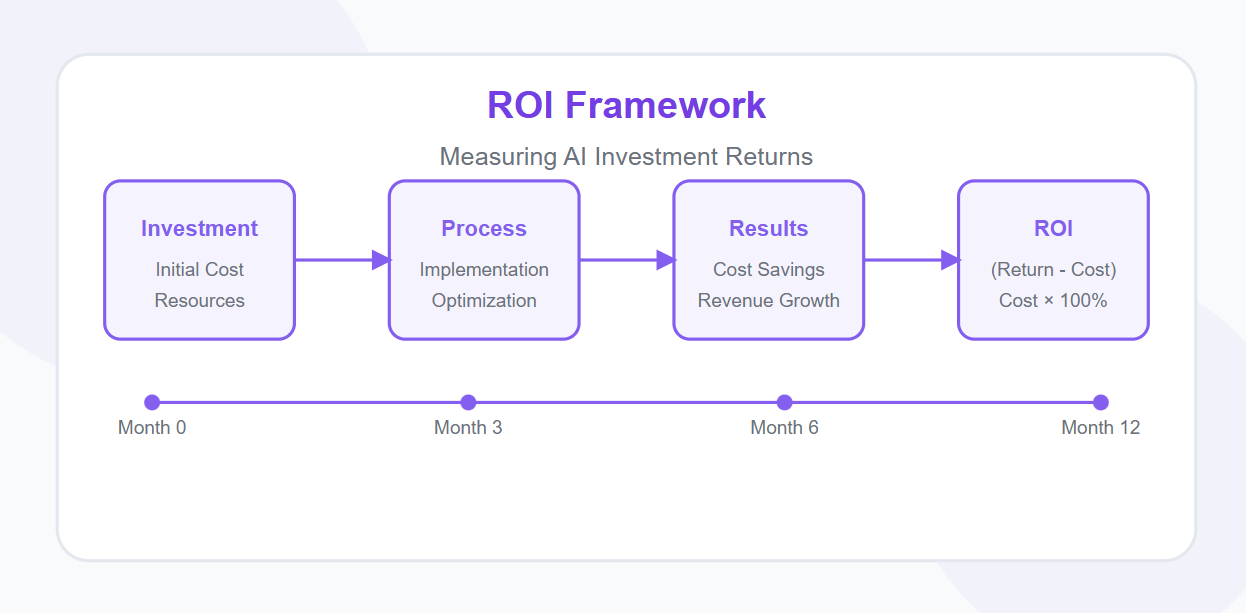
The ROI from AI initiatives is a key concern for most businesses and applied AI engineers play a vital role in driving ROI by ensuring that AI systems are operationalized effectively and generate tangible business outcomes.
1. Faster Time-to-Value
Applied AI engineers expedite the deployment of AI models, enabling businesses to realize returns more swiftly. For instance, companies leveraging AI-driven automation have reported significant reductions in development timelines.
An AI operating system has been shown to reduce development timelines in some projects by up to 50%, accelerating the time between early design and final deployment.
Additionally, AI platforms can accelerate proof-of-concept development, leading to faster model releases and reduced errors.
2. Improved Model Reliability
Through continuous optimization and robust MLOps practices, applied AI engineers enhance the reliability of AI systems, minimizing the risk of failures and costly downtimes.
MLOps, which integrates machine learning with DevOps practices, ensures effective deployment, monitoring, and maintenance of AI models in production environments, thereby maintaining high performance and scalability.
For example, a global financial institution achieved a 247% ROI in the first year by implementing AI for loan processing, which included improvements in data accuracy and fraud detection.
3. Maximized Infrastructure Investment
Applied AI engineers optimize the scalability and efficiency of AI systems, enabling businesses to maximize their existing infrastructure investments.
For example, Amazon’s use of AI tools has led to significant efficiency gains, including enhanced security and reduced infrastructure costs, translating to an estimated $260 million in annualized savings.
Furthermore, AI-driven automation in operations has streamlined processes, improved quality control, and reduced operational costs, contributing to a strong, measurable ROI.
Looking Ahead: The Future of Applied AI Engineering
As AI continues to mature, so too will the role of applied AI engineers. With advancements in Generative AI and Edge Computing, their expertise will be in higher demand.
As businesses look to implement more complex AI systems, engineers will be needed to ensure these solutions are scalable, efficient, and aligned with business goals. This role will be key to ensuring that AI technologies drive real-world value across industries.
Talent Demand & Salary Trends
- Soaring Demand: As AI becomes a core part of business operations, applied AI engineers are among the fastest-growing roles in tech.
- Salary Trends: In 2025, the average salary for applied AI engineers is expected to range from $120,000 to $200,000, with higher compensation for those working in specialized sectors like healthcare or finance.
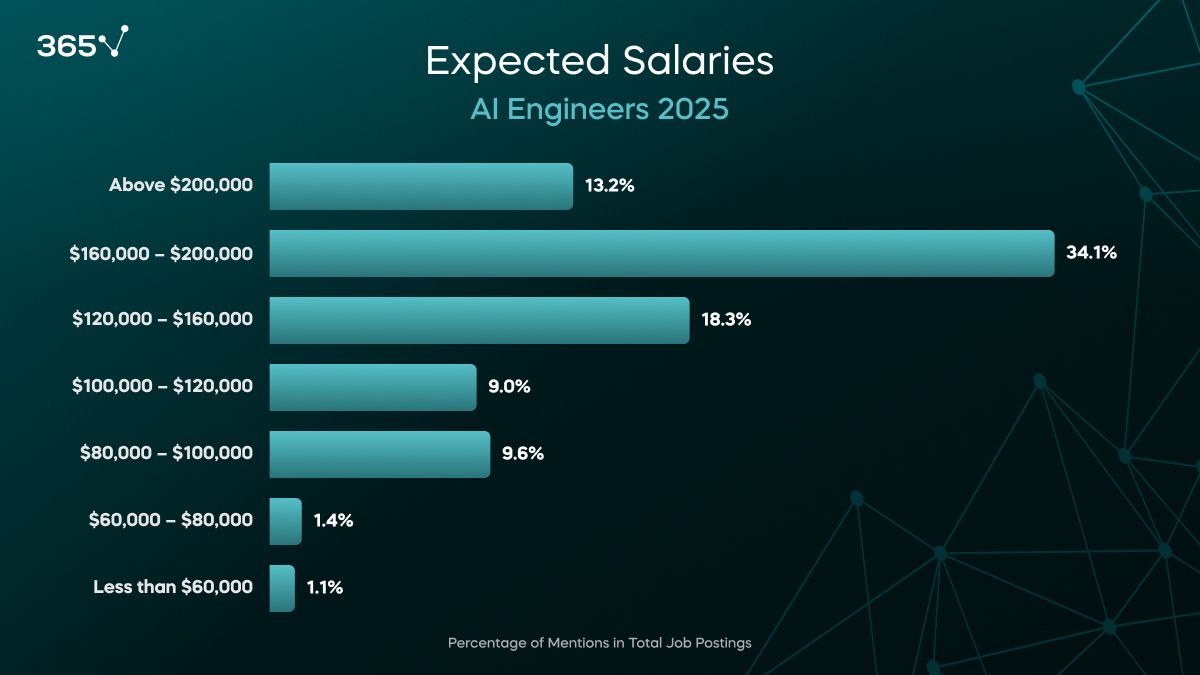
Strategic Importance
Applied AI engineers will continue to be central to digital transformation initiatives, helping companies deploy AI across all aspects of their operations, from customer experience to supply chain management.
Conclusion
The role of Applied AI engineers has never been more critical. As AI becomes a fundamental driver of business innovation, these engineers will be key to scaling and operationalizing AI systems that deliver measurable outcomes.
Business Benefits:
- Faster AI deployment
- Increased system reliability
- Improved ROI from AI initiatives
To fully leverage the potential of AI in 2025, organizations must consider how they will incorporate applied AI engineers into their teams. By doing so, they can accelerate their AI journey and unlock a new wave of business opportunities.
Ready to unlock AI’s potential? Contact GIANTY’s AI Developer Lab to get started.



